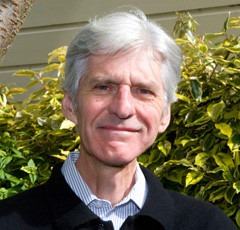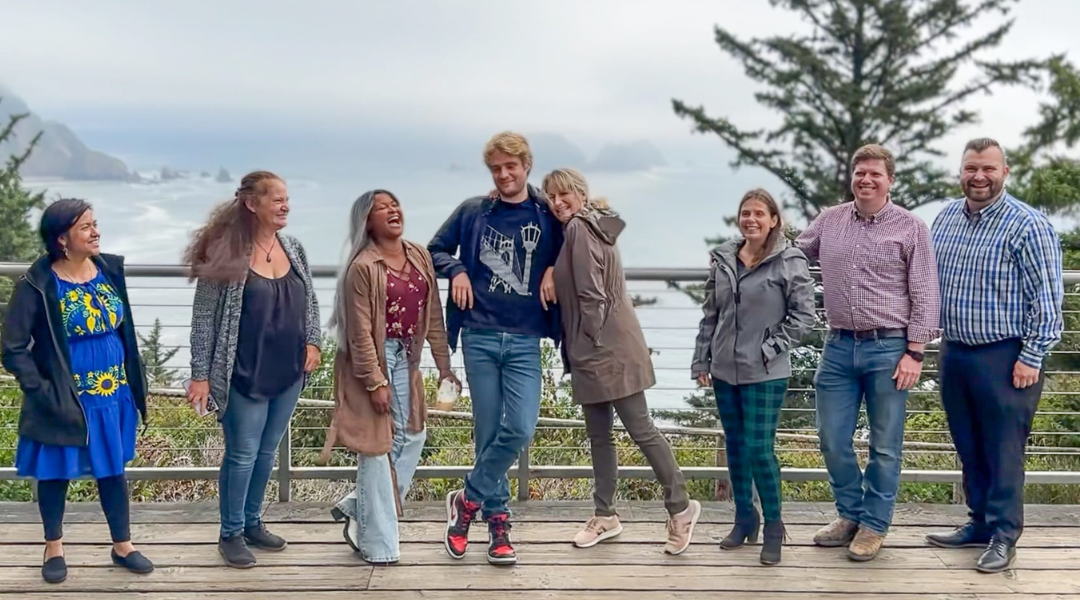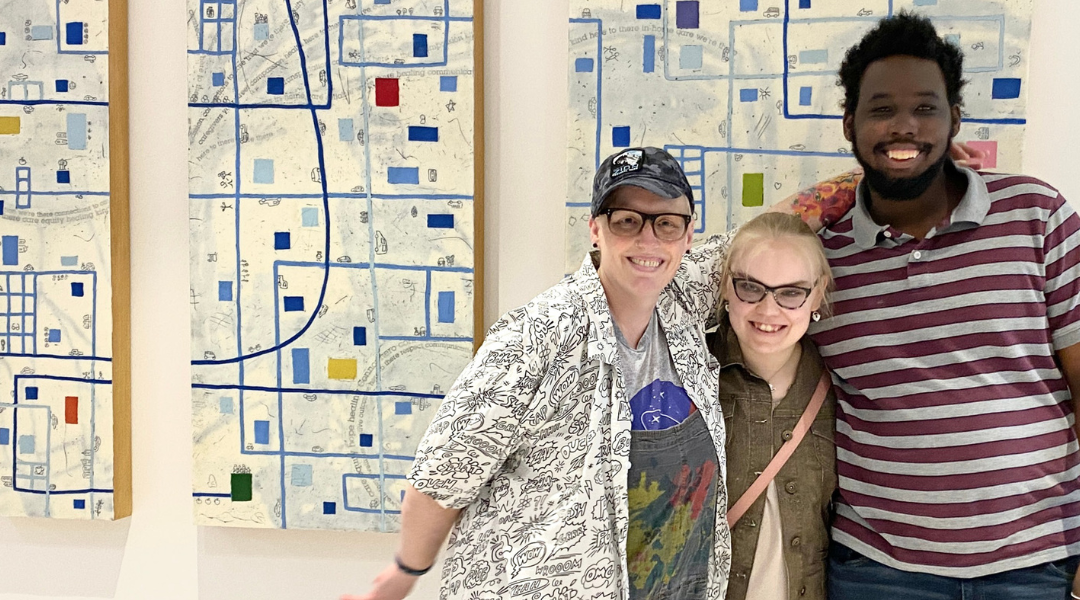Institute for International Criminal Investigations
Purpose Prize Fellow 2010
McGrath trains private investigators and others how to examine war crimes, crimes against humanity and instances of genocide, to help prosecutors bring perpetrators to justice.
Ray McGrath’s work as a defense investigator for three Northern Ireland prison escapees facing extradition from the United States brought him to a revelation about international criminal courts and tribunals.
As such bodies oversee serious international cases, including war crimes, McGrath reasoned that prosecutors should have the benefit of reliable evidence from specially trained investigators. From his years as a private investigator, McGrath knew that proper investigations are essential to arresting and prosecuting the accused. Plus, international criminal cases differ greatly in scope and complexity from domestic cases.
McGrath saw a need: “There was no training course to ensure that investigators from diverse backgrounds and legal systems could work together.”
So in 2000, he created the Institute for International Criminal Investigations in San Francisco. The organization’s two-week residential training course teaches students about international humanitarian law; the organization and operation of military and paramilitary groups; the forensics of war crimes; and techniques necessary to elicit information. Students represent a mix of international investigators, lawyers, human rights researchers, scientists and military personnel.
In some cases the institute goes abroad; it has trained in such nations as the Democratic Republic of Congo, Cambodia, Sudan, Serbia, Kenya, Uganda and Rwanda. The institute has trained more than 500 investigators from 40 countries, and it has written 11 chapters of a new training manual for the United Nations Office of the High Commissioner of Human Rights.




